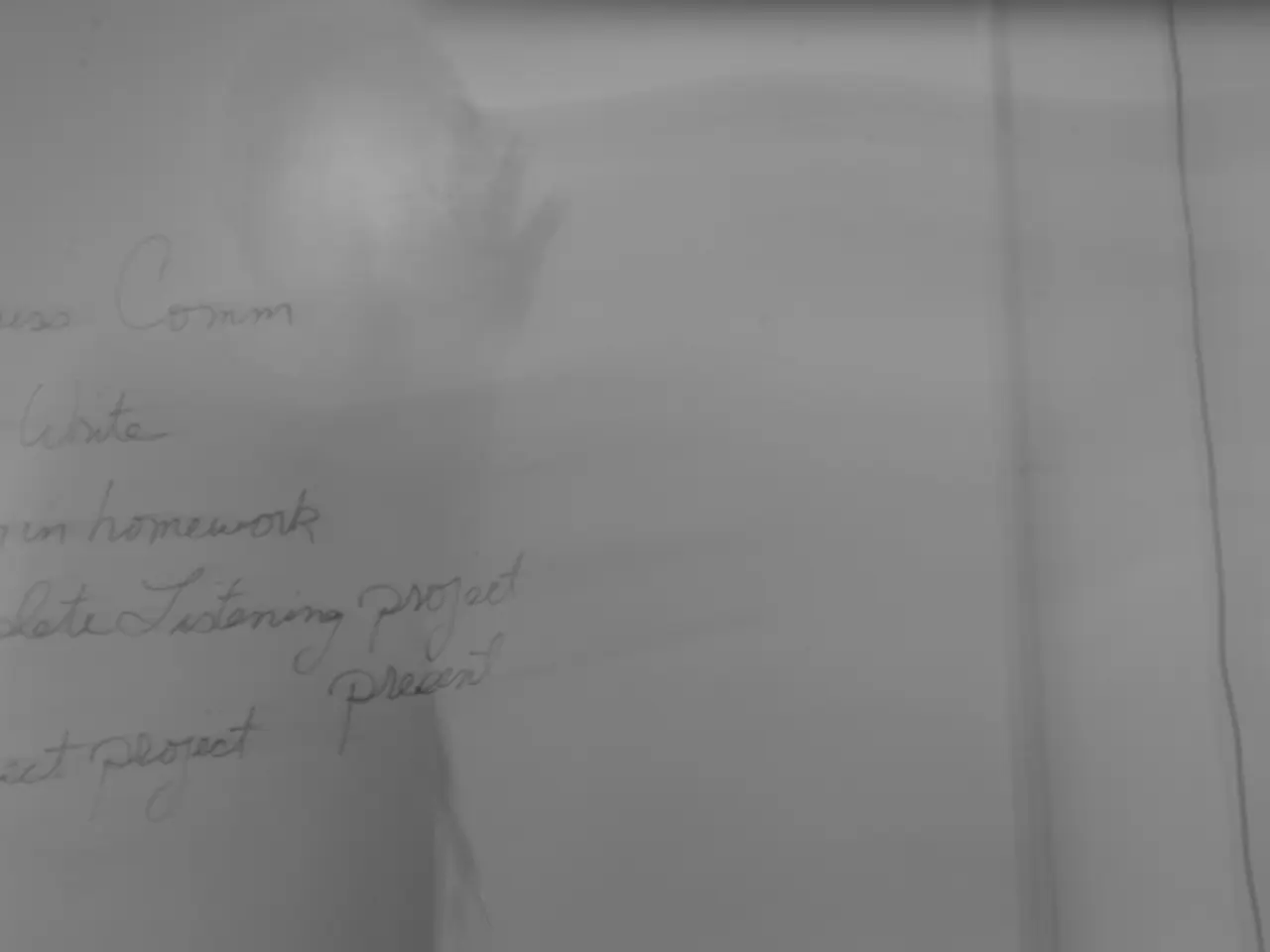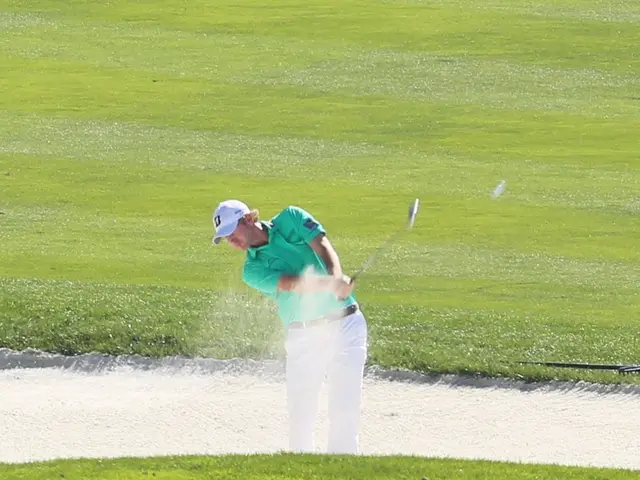Security Council rebuffs resolution to rescind immediate Iran sanctions before expiration
The United Nations Security Council has failed to pass a resolution aimed at halting the reimposition of sanctions on Iran over its nuclear program. The resolution, put forth by South Korea, the current president of the 15-member council, did not receive the support of the nine countries required to halt the sanctions.
The snapback penalties, if implemented, would include a conventional arms embargo, restrictions on ballistic missile development, asset freezes, travel bans, and a ban on producing nuclear-related technology. However, only four countries - China, Russia, Pakistan, and Algeria - supported the resolution.
The use of the snapback mechanism, which automatically reimposes all U.N. sanctions that were in effect before the nuclear deal, was initiated last month by France, Germany, and the United Kingdom. The move is likely to heighten tensions between Iran and the West.
Iran's Foreign Ministry has emphasized its commitment to safeguarding its interests and rights, including through diplomacy. Iranian Foreign Minister Abbas Araghchi asserted that the reimposition of U.N. sanctions is "lacking any legal or logical justification."
The failure to pass the resolution comes as Iran is currently reeling from a 12-day war with Israel and a decades-long financial crisis. Over the past several weeks, intensified diplomacy between Iran and European countries has taken place without a resolution so far.
The EU's top diplomat, Kaja Kallas, stated that the window for finding a diplomatic solution on Iran's nuclear issue is closing rapidly. German and European Union leaders have warned Iran that it had yet to take the necessary action to stop the reimposition of sanctions.
The United Kingdom remains committed to a diplomatic solution. Barbara Woodward, the British ambassador to the U.N., is ready for further diplomatic engagements. IAEA Director Rafael Grossi stated that the document provides for a clear understanding for the procedures of inspection notifications and their implementation.
Earlier, Iran and the U.N. nuclear watchdog reached a deal mediated by Egypt to grant the IAEA access to all Iranian nuclear sites and for Tehran to report on the whereabouts of all its nuclear material. However, the details of the agreement were not immediately released.
French President Emmanuel Macron stated that the snapback of sanctions on Iran is likely because the latest news from Iran are not serious. Despite this, the four countries that spoke out in the recent UN Security Council session to prevent re-imposing sanctions on Iran - China, Russia, Pakistan, and Algeria - supported a resolution to further suspend the sanctions.
Iran reserves the right to respond appropriately to any unlawful action. The situation remains tense, with both sides urging for diplomatic resolution to avoid further escalation.
Read also:
- United States tariffs pose a threat to India, necessitating the recruitment of adept negotiators or strategists, similar to those who had influenced Trump's decisions.
- Weekly happenings in the German Federal Parliament (Bundestag)
- Southwest region's most popular posts, accompanied by an inquiry:
- Discussion between Putin and Trump in Alaska could potentially overshadow Ukraine's concerns








